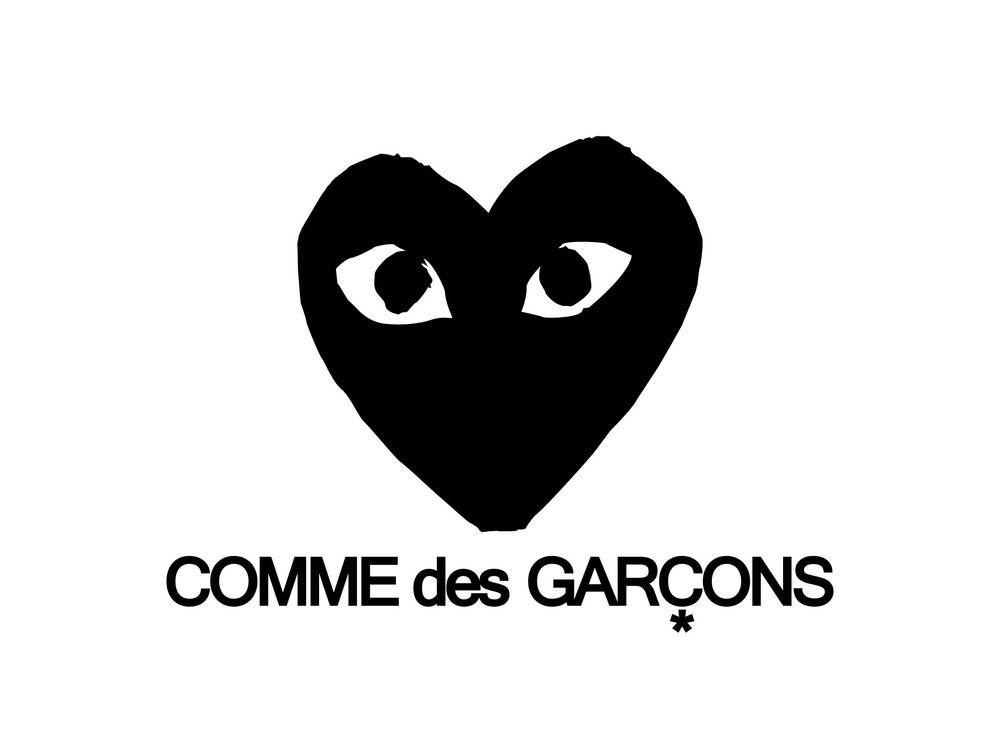“One should buy clothes because of how they make you feel, not how they make you look.”

Rei Kawakubo’s designs have always been personal, driven by a sense of independence. Her father was a university administrator and her mother a teacher. After studying history of aesthetics at Keio University in the 60s, she left home and found work in the advertising department of textile manufacturer Ashai Kasei. The job included looking for props and costumes and eventually she started designing those she couldn’t find. She finally went freelance as a stylist and designer in 1967. “The very first thing I wanted to do when I started this was to make a living, be independent and have a job. But I could never find clothes that I wanted to wear, so I decided to make them myself.’
Without any formal fashion training, she launched Comme des Garçons in 1969, with the first boutique opening in Tokyo’s Minami-Aoyama district in 1973. From the beginning she had unorthodox ways of working. “I attempted a different approach to the typical clothing storefront, which was usually adorned with mannequins dressed in the latest collections for everyone to see, clothes on view for the masses to lust over. The front display windows of the first boutique in Aoyama were often kept vacant while the clothes remained in the back room of the shop. I would make the clothes, bring them to the boutique and interact with clients daily. There were no mirrors in the boutique to emphasise the notion that one should buy clothes because of how they make you feel, not how they make you look.”
An interview with Rei Kawakubo, the designer for Commes des Garcons, is a very rare treat; she talks to The Guardian about her designs, her retail stores, and her future.
I also love the 2005 profile Judith Thurman wrote for the New Yorker, which you can read here. That’s where I found out that when she dated Yohji Yamamato they called each other “travelling companions,” my all-time favorite euphemism for friends who fuck. More importantly, there was this exchange between Thurman and Kawakubo:
“But I’m very grateful that you haven’t asked me about my ‘creative process,’ ” she said, as I was leaving one afternoon. “I couldn’t explain it to you. And, even if I could, why would I want to? Are there people who really wish to explain themselves?”